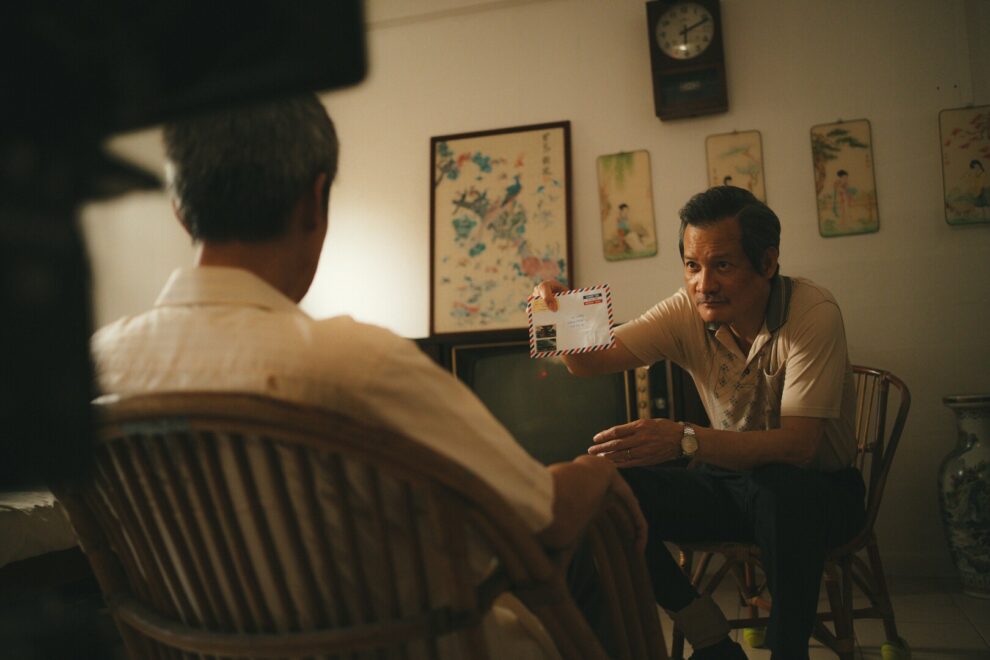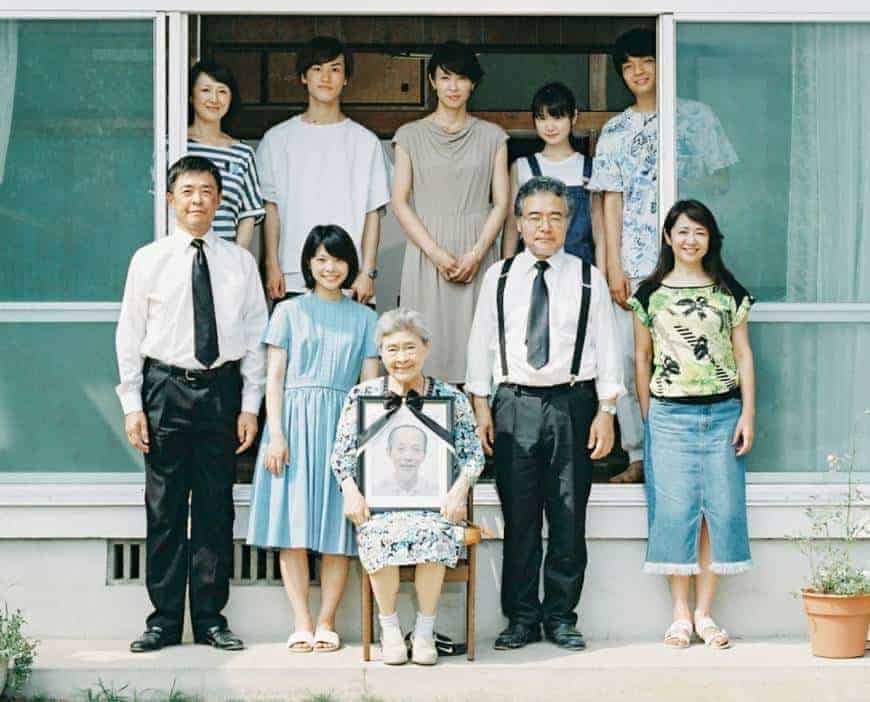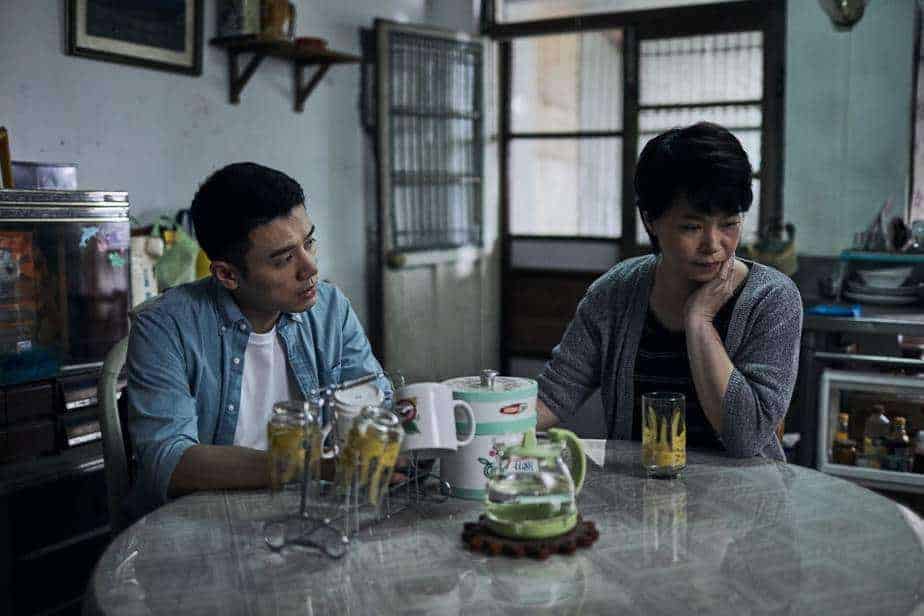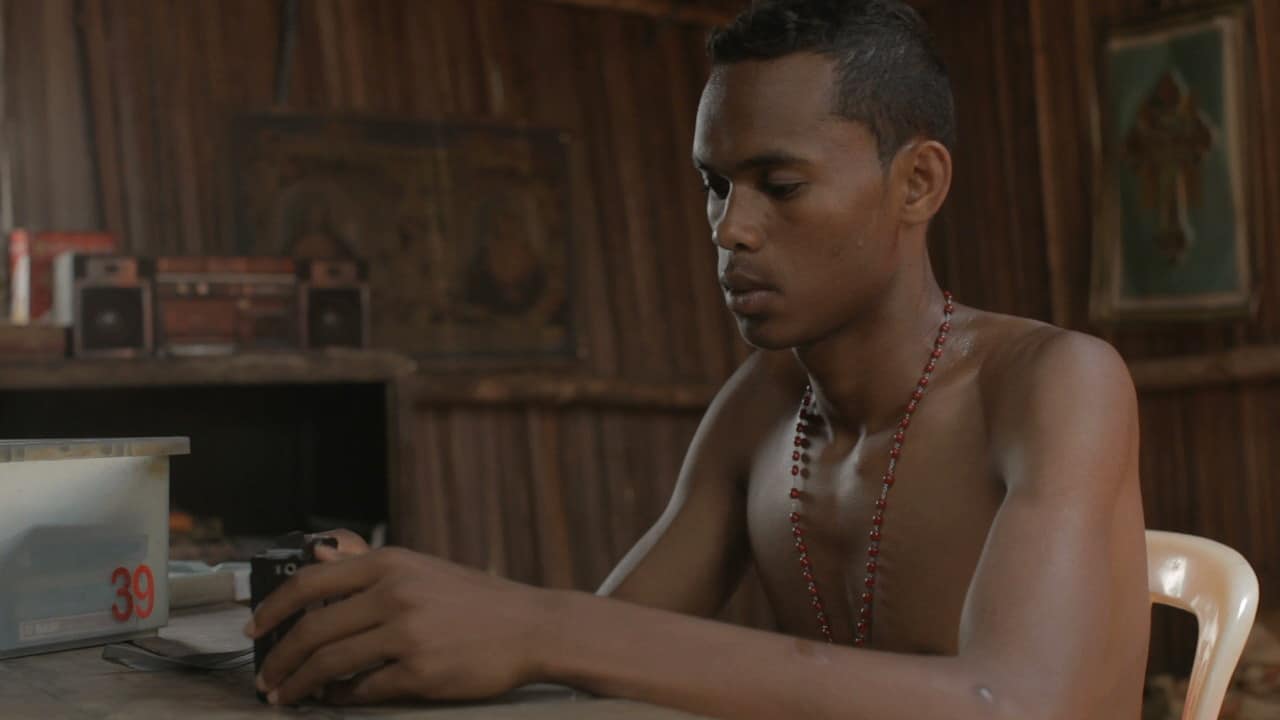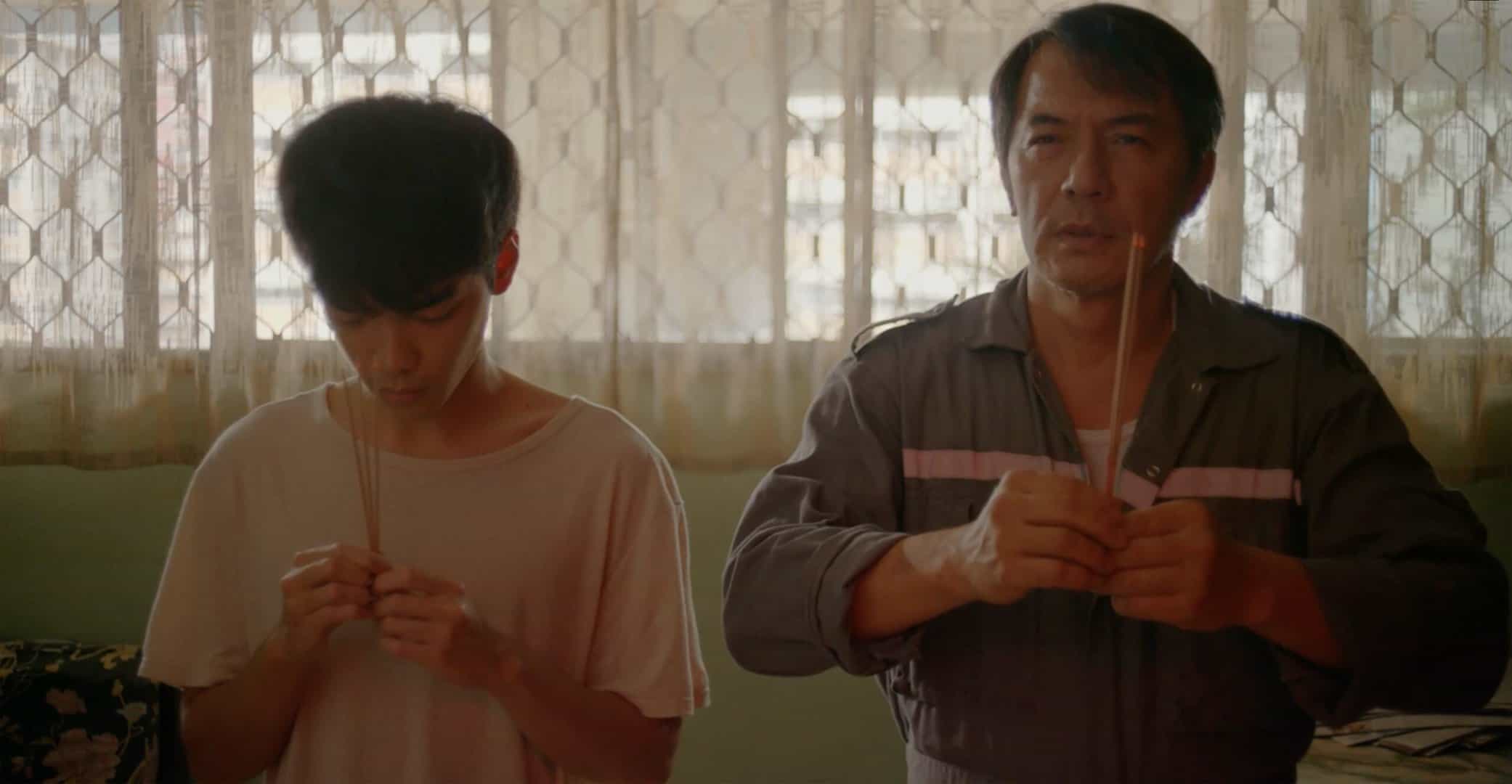Combining comedy with melodrama in a film about middle-age fatherhood is not exactly an easy feat to undertake, but it is exactly what Chai Yee Wei chose to do for his first feature after ten years and ”That Girl in Pinafore”.
Wonderland is screening at Singapore International Film Festival

Set in 1980's Singapore, the movie revolves around Loke, a single father who is trying to ensure the best future possible for his only daughter Eileen, through his incense-selling shop. When Eileen gets a scholarship to study in the US, Loke lies to her that he has enough savings to sustain her life there, and eventually proceeds into selling his house to help her financially. At the same time, though, she also lies to him about her life there, and the fact that she has to work part-time in order to survive. Loke eventually meets Tan after moving to a cramped apartment next to him, a lonely church pianist who is estranged from his daughter and is trying to overcome his alcohol-gambling addiction. With Tan becoming in charge of reading Eileen's letters to a Loke who does not speak or read English, the two come closer together and become true friends. When a tragedy strikes though, Tan also chooses to lie in order to comfort his friend.
Chai Yee Wei directs a family (melo) drama that moves into a number of contextual directions. The first one is the concept of the “American Dream” as experienced by a father and a daughter who essentially do not have the financial means to achieve it, and end up suffering intensely due to it. The ending result of their ‘dream' is even worse actually, with the film, though, taking a turn to the almost surreal, as the melodramatic aspects and particularly the concept of ‘tragedy after tragedy' becomes excessive. At the same time, though, this element gives Chai they opportunity to continue exploring another central element here, that of lying in order to prevent other people from feeling sad and desperate, with the concept actually presented as a character trait permanently accompanying self-sacrifice. This approach is quite unusual, but actually works throughout the film, as it avoids making the story feel sanctimonious, in that regard.
Check also this interview
Another direction (theme) if you prefer also refers to friendship among men, and how it can come even during the latest years of one's life, with Chai repeatedly presenting the relationship of his two protagonists as the only solace they have in life. In that, and also through the sense of community people of similar age feel in the movie, the story highlights another comment, more optimistic this time, that comradeship and brotherly love can be found even outside families, even after the ‘children have left the house'.
The way Chai progresses his story is intriguing, but is also somewhere here the biggest issue of the film appears, as some twists and shocking events are presented in an approach so distant that it almost feels as if they never happened. Particularly regarding the father-daughter arc, the presentation is actually annoyingly so, with the same applying to a revelation that comes out later in the film, and it could also have been much more impactful. That being said, the script is good in general, but the key points definitely needed a better directorial effort, perhaps being less rushed.
On the other hand, the acting is on a rather high level. Mark Lee as Lok highlights his impossible struggle to secure a better future for his daughter and the sacrifices he undergoes to do so in the best fashion, as much as his need for a friend, particularly after a point. Peter Yu as Tan is equally good in his effort for a second chance and his need to help others as a way of redemption, while the rest of the ‘elderly' in the film add much to the entertainment the movie offers, as the main source of the subtle comedy here. Xenia Tan as Eileen is also convincing in the way she showcases the similarities with her father, while her charisma is evident every time she appears on screen.
Amandi Wong's cinematography captures the poor neighborhoods in Singapore with artistry and realism, with the fire scene and the overall suffocating space the protagonists occasionally inhabit being the highlights of his work. Tan Jia Chuan's editing results in a relatively slow pace that suits the overall aesthetics and the nature of the protagonists, while a couple of montages showing Eilleen's life in the US and Lok's in Singapore are quite appealing to the eye as much as meaningful for the story. At the same time, some trimming would definitely benefit the movie, which, at 125 minutes, somewhat overextends its welcome.
“Wonderland” has its issues in script and direction, but as a whole, definitely makes sense, and the combination of entertainment and rarely presented comments that it offers, definitely make it a film worth watching.


